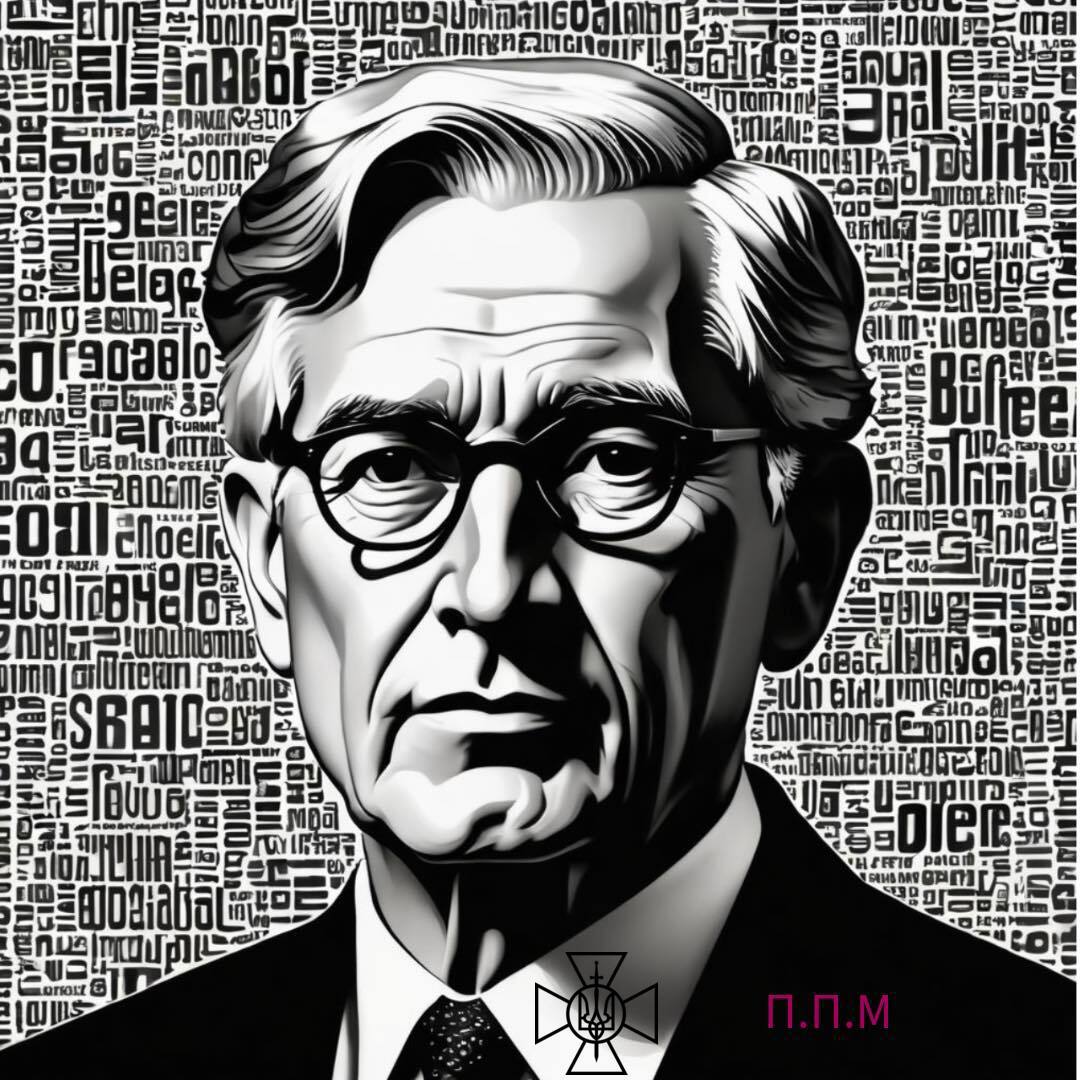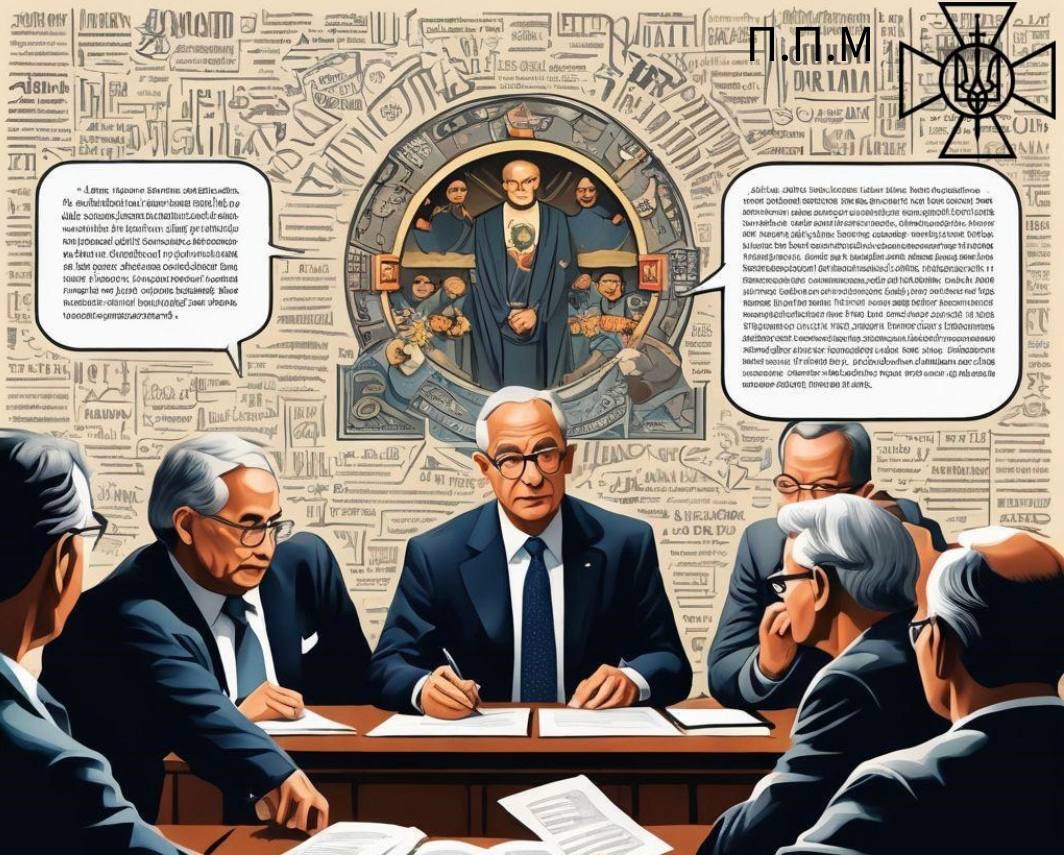Definition of Stage 1 Ideological Subversion:
Infiltration.
The Concept of Ideological Subversion
Ideological subversion is a set of actions and strategies aimed at undermining,
weakening, or overthrowing the dominant belief system, values, or ideologies in
a society or group.
This process can be motivated by a variety of goals, from
the desire to bring about social, political, or cultural change to the manipulation of groups to
serve vested interests. Subversion thus differs from more
direct forms of change, such as armed rebellion, in that it targets the foundations of belief and
social structures. –
Infiltration
Stage 1 of ideological subversion, known as infiltration, can be precisely
formulated as follows:
Infiltration
It is a strategic process in which agents or external actors
infiltrate groups, institutions, or movements to introduce ideas, sow doubt, influence
decisions, or change internal power structures.
This stage is based on the subtle manipulation
of beliefs and values, often through discrete means, to create lasting change without
open conflict. –
– Characteristics of Infiltration –
Infiltration has several distinctive features:
Subtlety:
Infiltration activities usually occur silently, seeking to avoid any
detection.
Infiltrators often act as regular members of the group, hiding their true
intentions. –
Manipulation:
Infiltration relies on techniques of psychological and social manipulation. This may
include creating false statements, spreading rumors, or exploiting
existing weaknesses in the healing group. –
Long-term goals:
Unlike an aggressive approach that seeks immediate results, infiltration aims
for gradual and sustainable change. Infiltrators try to establish trusting relationships
and gain the sympathy of group members in order to gradually influence their decisions.
Exploiting divisions: Infiltration agents identify and exploit existing divisions within
a group, whether ideological, emotional, or structural, creating fissures that can be
used to weaken internal cohesion. –
The mechanisms through which infiltration occurs include:
Security and Trust: Agents must first gain the trust of the target group members. This
may involve adhering to the group’s norms and values while also establishing
personal relationships.
Introducing new discourses:
Plural ways…
Colonel Paul Michel Manandise,
Head of the Department of International Influence and Culture of the Information and Analytical Center for National Security of Ukraine



